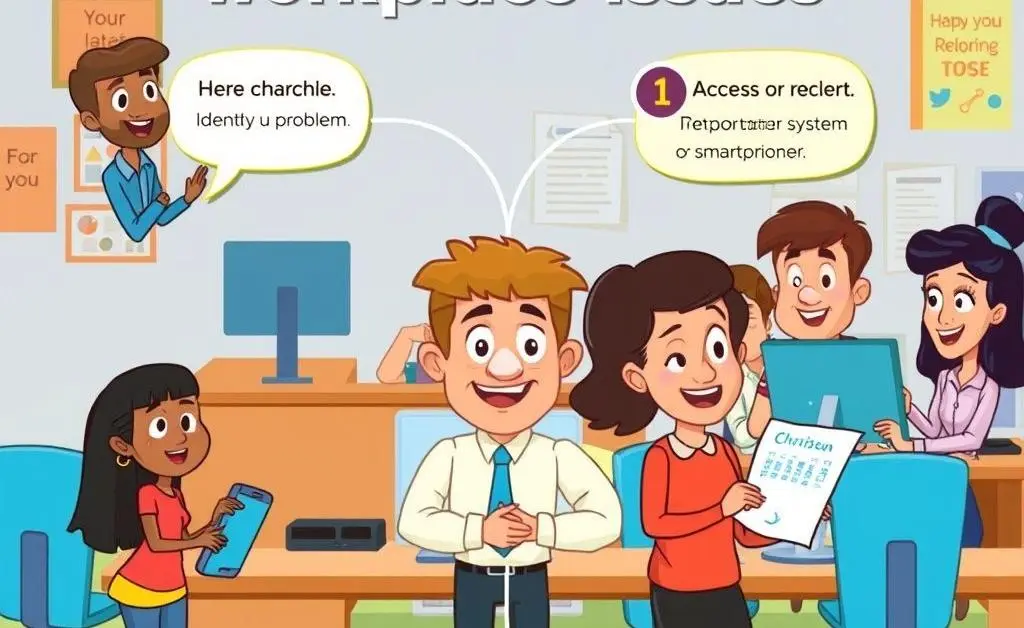Navigating Workplace Challenges: How to Handle Unfair Treatment and Retaliation
Learn practical steps to address workplace unfairness and protect your rights.

We’ve all been there—dealing with that urge to close our office door or hit ‘mute’ during a never-ending conference call. But what happens when your workplace becomes more than just a source of eye rolls and reaches a stage of actual unfair treatment?
Understanding Unfair Treatment at Work
Feeling sidelined, retaliated against, or not recognized for your efforts can make anyone's daily grind unbearable. The first step? Recognizing when unfair treatment crosses into problematic territory. Let’s discuss the signs.
Common Signs of Unfair Treatment
- Being overlooked consistently for promotions or opportunities
- Experiencing sudden shifts in responsibilities without explanation
- Facing unconstructive and biased feedback
If any of this resonates with you, it might be time to take action.

Steps to Address Workplace Unfairness
1. Document Everything
Keep a record of incidents—dates, details, and any correspondences. This documentation becomes invaluable, especially if you need to escalate the issue.
2. Talk it Out
Consider a conversation with your supervisor or HR. Sometimes issues arise from misunderstandings. By respectfully raising your concerns, you open the dialogue for resolution.

3. Know Your Rights
Familiarize yourself with your organization’s policies and your local employment laws. You have a right to a fair workplace. Resources like EEOC can be a helpful starting point.
Understanding Retaliation
If you’ve flagged an issue and now feel you’re paying the price through retaliation, you’re not alone—and it’s not okay. Retaliation can come in many forms: from a sudden change in your performance reviews to exclusion from key meetings.

Taking Action Against Workplace Retaliation
Retaliation is illegal. Recognizing this empowers you to prevent it, and knowing your resources can help you tackle it legally.
Utilize External Aid
Besides your HR department, consider reaching out to external bodies if internal avenues fail. Agencies like the EEOC are designed to investigate such complaints.
Your Takeaway
The journey to navigating workplace challenges is personal. Transform frustrations into action by documenting thoroughly, communicating effectively, and leaning on your local work rights. Remember, you are not alone nor powerless. How do you manage difficult work situations? Let me know in the comments below!




